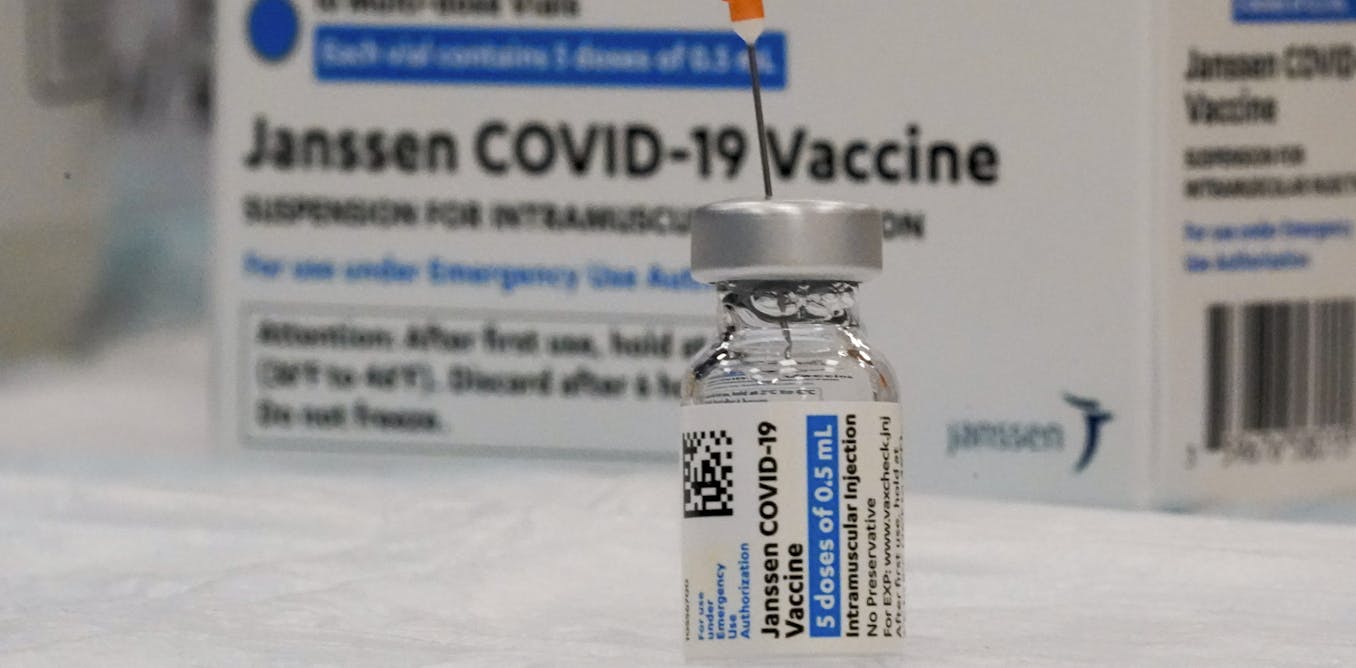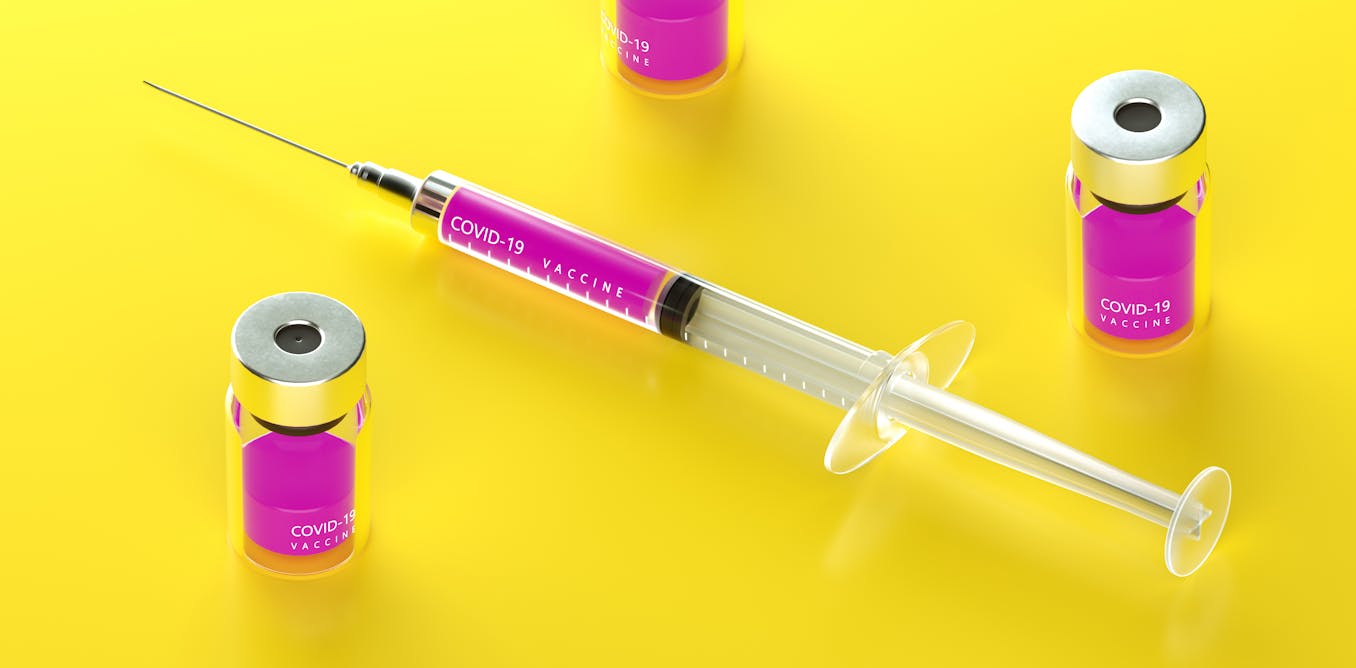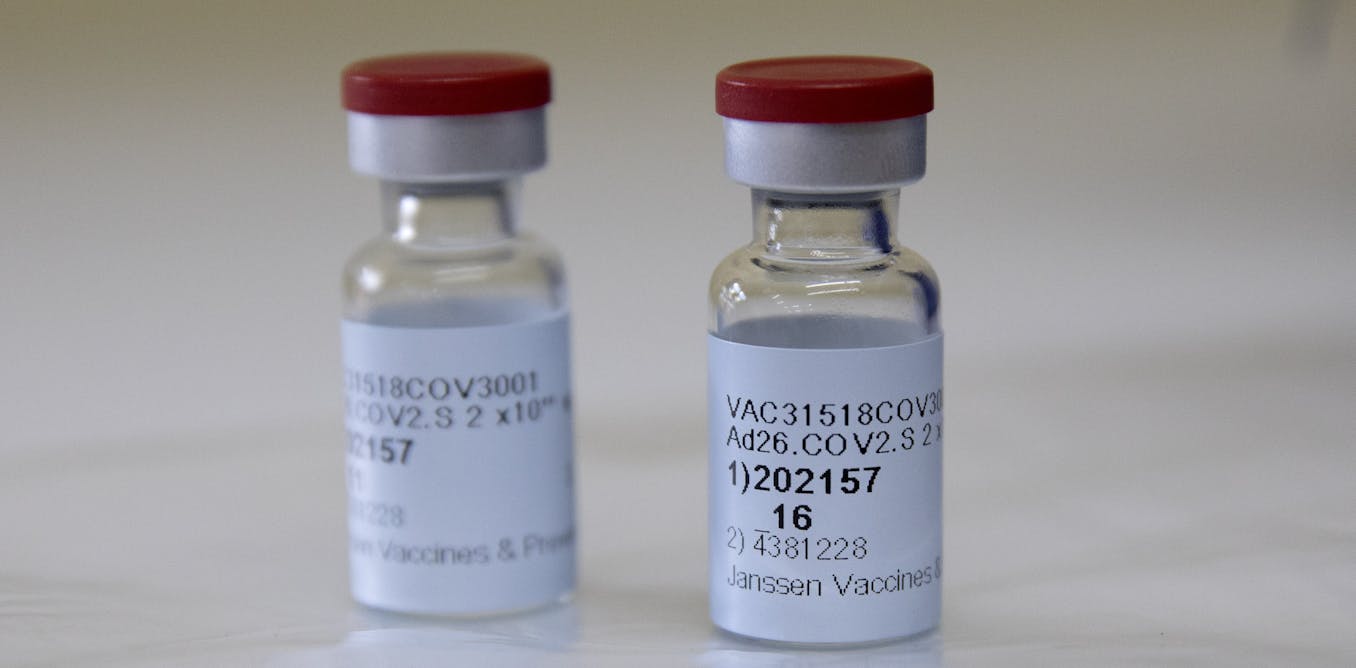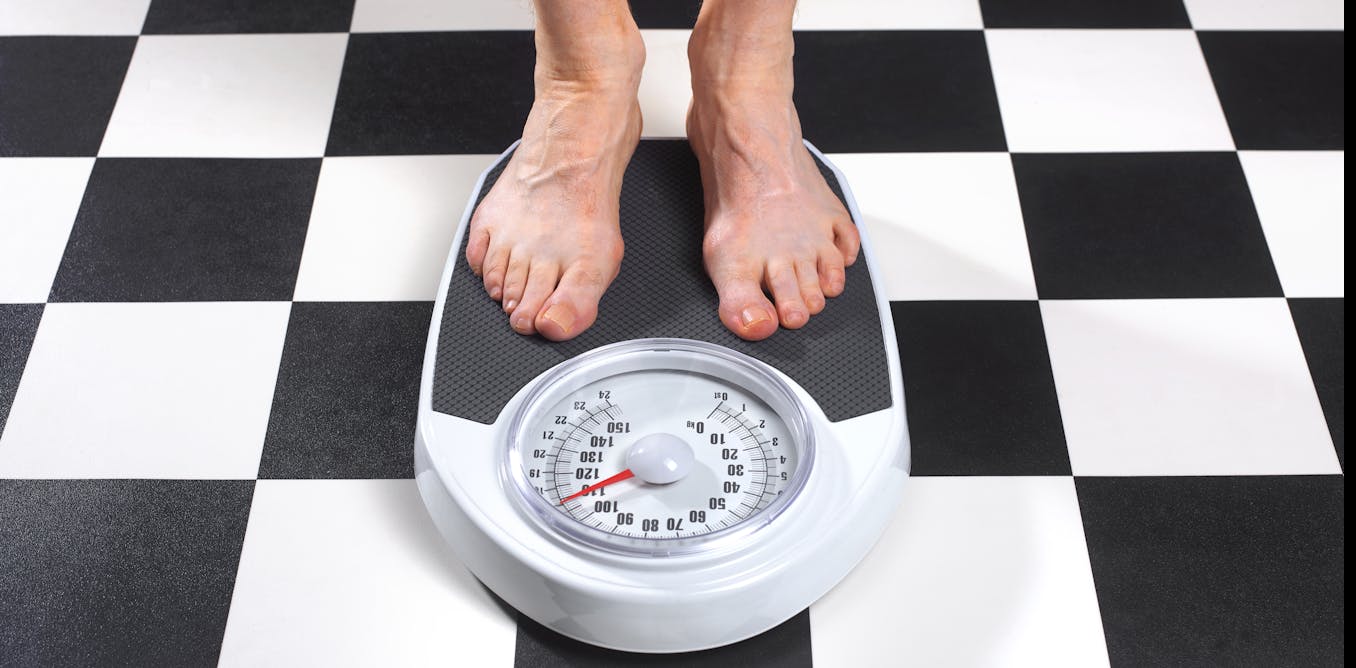New Johnson & Johnson data shows second shot boosts antibodies and protection against COVID-19 – but one dose is still strong against delta variant
Your body produces antibodies after an infection or vaccine, but these slowly decline over time. New Johnson & Johnson data sheds light on the duration of protection and the need for booster shots.
Sept. 25, 2021 • ~8 min






